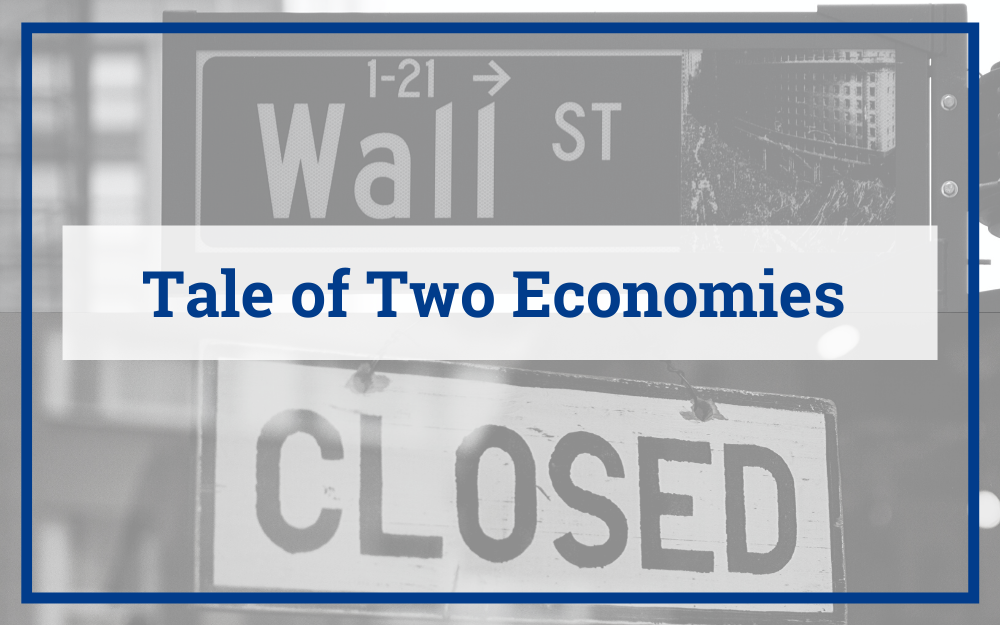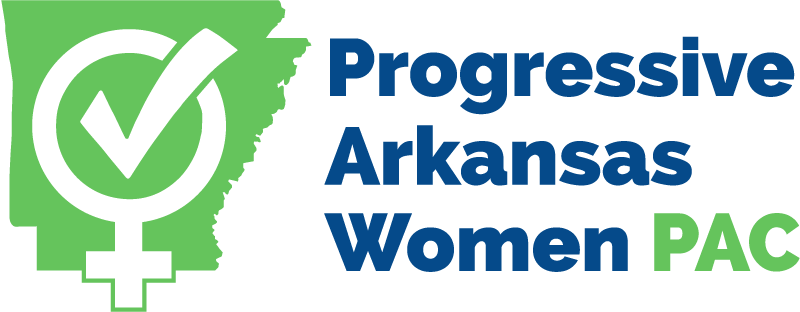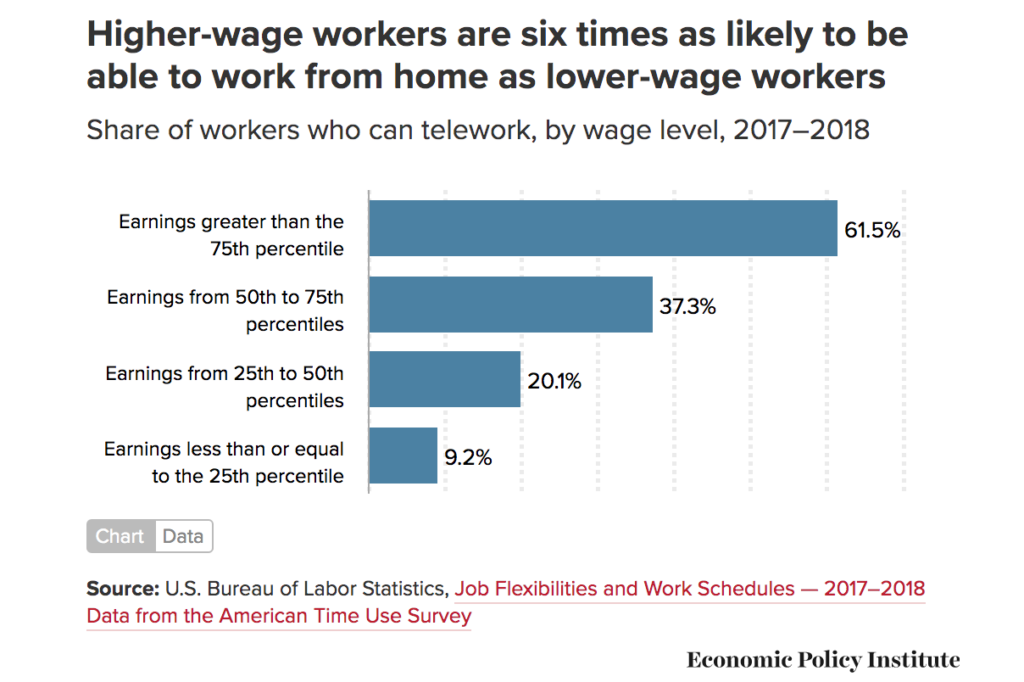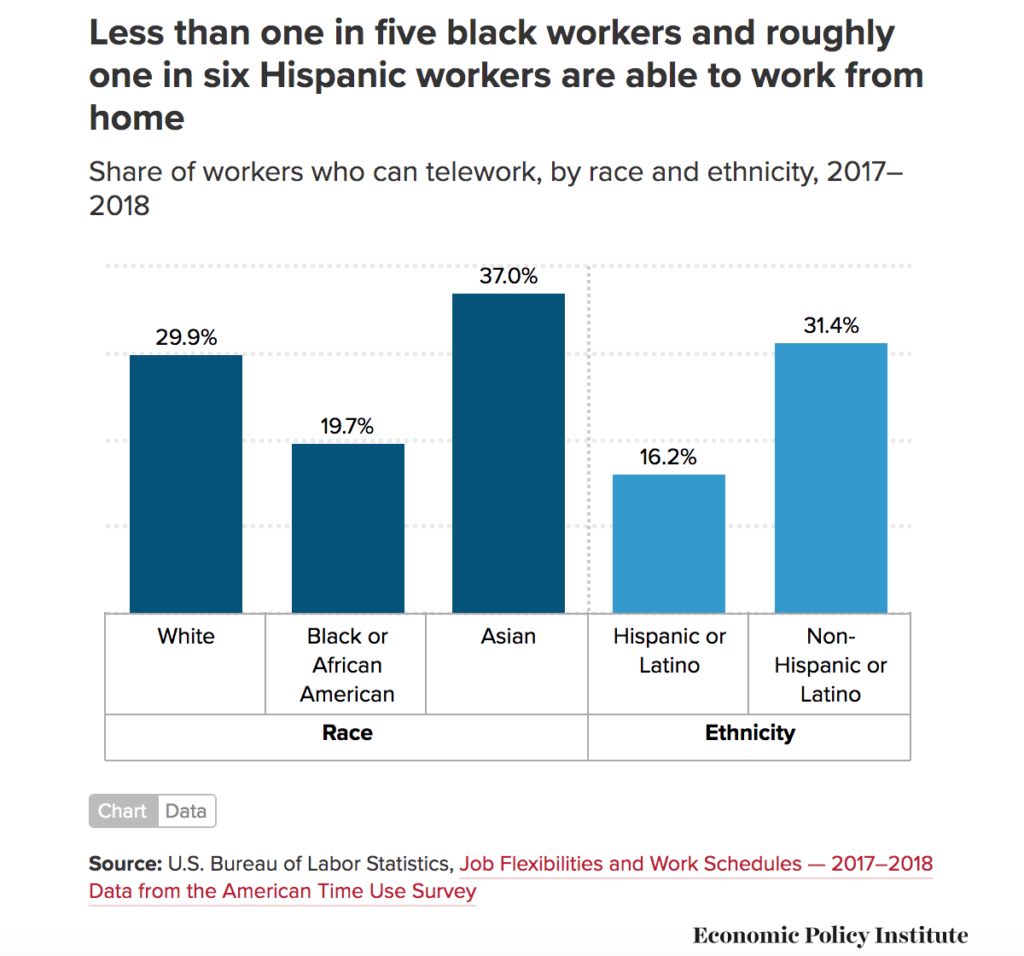Who really wins if we reopen the economy on Trump-time?

The U.S. faces the highest jobless rate since the Great Depression. We’ve already seen how this crisis, and decades of public policy that favors the wealthy over the working class, has disproportionately impacted minorities, low-income workers, and other vulnerable individuals. Now, Trump and some of the country’s billionaires are calling for the economy to reopen as soon as possible.
In theory, it’s enticing. Get the 22 million jobless back to work. They collect their paychecks; businesses are profitable; the stock market rebounds. It’s a winning plan, right? Well, let’s ignore the fact that there is no real plan, and then let’s look at what we’re weighing when we talk about reopening the economy because there will be winners and losers.
Trump is a numbers man. But look at his speeches and tweets to see which numbers he actually cares about. Before the coronavirus outbreak, he often boasted about delivering the most prosperous U.S. economy in recent history. He even took personal credit for the thriving stock market, calling them “my stock market gains.” Within weeks of the onset of the coronavirus crisis, the stock market’s gains over the last few years all but vanished.
That’s a maddening reality not only for the president, whose reelection campaign has centered around the economy, but also for bank executives and CEOs whose corporate profits and personal wealth depend heavily on stock market performance. Contrast that with public officials who insist that the numbers we need to focus on right now are: the number of available COVID-19 tests, keeping infection and death rates as low as possible, and ensuring that hospitals and healthcare workers have the amount of ventilators and protective equipment they need.
And then there are the middle-class and low-income workers who have to focus on other numbers, like how many days they can stay home before their paid leave runs out and how much they need in their bank accounts to make ends meet.
The Executives’ Economy: Stock Market is King
Dick Kovacevich, who ran Wells Fargo & Co. until 2007, told Bloomberg in late March, “Do you want to suffer more economically or take some risk that you’ll get flu-like symptoms and a flu-like experience? Do you want to take an economic risk or a health risk? You get to choose.” We know what Mr. Kovacevich would choose, since he explained to Bloomberg that he “wants to see healthy workers below about 55 or so to return to work late [April] if the outbreak is under control. ‘We’ll gradually bring those people back and see what happens. Some of them will get sick, some may even die, I don’t know.’”
Mr. Kovacevich’s compensation as the head of Wells Fargo was $22.9 million in 2007, the same year the bank received its first batch of government aid through the Troubled Asset Relief Program (TARP), the taxpayer bailout of the financial industry. For many CEOs and bank executives, the stock market plays a big role in how they are compensated.
The top 1% of Americans own 50% of the entire value of the U.S. stock market, and the richest 10% own over 80%. Robert Reich, former U.S. Secretary of Labor, said in a recent Facebook live video, “When corporate executives say we can’t sacrifice the economy for the sake of the pandemic, what they’re talking about is that they can’t sacrifice their own stock portfolios. They are not weighing and balancing the same things that average working people or poor people should be weighing when it comes to getting back to work.”
“When corporate executives say we can’t sacrifice the economy for the sake of the pandemic, what they’re talking about is that they can’t sacrifice their own stock portfolios. They are not weighing and balancing the same things that average working people or poor people should be weighing when it comes to getting back to work.”
– Former Secretary of Labor Robert Reich
The Worker’s Economy: “I’d rather be broke than dead.”
The Guardian profiled several essential workers faced with weighing their and their families’ health against their paychecks. A 63-year-old grocery store worker in Florida “recently quit his job because he is in the high-risk coronavirus category because of his age and diabetes. Anderson said he felt uneasy about the crowds at his grocery store. Florida’s governor, Ron DeSantis, refrained from issuing a stay-at-home order until April 1. Anderson recently took two weeks unpaid leave and will likely extend it through the pandemic.”
“Nobody was staying home, so I had to,” Anderson told The Guardian. “I’m not getting paid, but as I told my manager, I’d rather be broke than dead. The people in my area were ‘business as usual.’”
More than 5 million people filed for unemployment last week, bringing total job losses as a result of the coronavirus to nearly 22 million. Over a quarter of small businesses have shut their doors for the time being. Of those that haven’t, 40% expect to do so in the next two weeks.
It’s easier for those who have the privilege of making money from home to trumpet the benefits of a reopened economy. According to the Economic Policy Institute, the wealthiest Americans and those who work in the financial industry are most likely able to work from home, while “only 9.2% of workers in the lowest quartile of the wage distribution can telework.”
It’s our nation’s low- and moderate-income workers who are in the precarious position of having to choose between their job and their health, and that burden falls even more heavily on Black and Hispanic workers. Only one in five Black workers and one in six Hispanic workers are able to work from home. For those who must choose between putting food on the table or following social distancing recommendations, many choose to go to work even with colds, flu-like symptoms, and possibly the coronavirus.
Jaycee Gordon, an 18-year-old pregnant woman working as an associate at Walmart, quit in early March out of fear that being in the store among crowds would put her at risk. “I wasn’t receiving any accommodations from my store management to protect me and my family, so I chose to leave even though I can’t afford to be out of work,” Gordon tells CNBC Make It.
Even if Jaycee had stayed until WalMart’s emergency leave policy went into effect, it wouldn’t have done her much good. If a worker (including those who are high-risk) chooses to stay home to reduce his or her risk of contracting COVID-19 or because they’ve been exposed, they must first exhaust their paid time off. An associate like Jaycee, new to the company, would accrue one hour for about 40 hours worked. That’s approximately 6 days per year, assuming a 40-hour workweek. Once workers burn through their PTO, the rest of their leave is unpaid.
And this is at the country’s largest private-sector employer, where the CEO makes 1,076 times more than the median worker in one year. In 2019, Walmart’s median employee earned $22,000 compared to CEO Doug McMillon, who was compensated $24 million, most of which comes from stock awards.
We can’t rely on corporations to take care of their employees. Time and time again, we see that they will not do it. Look no further than Amazon, where business is booming due to the increased demand for delivered goods, but whose sick employees are meeting hurdles as they seek payment for time off.
The False Dichotomy of the Economy or Public Health
Senator Elizabeth Warren debunked Trump’s assertion that “we cannot let the cure be worse than the problem,” as he tries to convince us that we must choose between the economy and public health. “These two work together. Saving lives strengthens our economy, and strengthening our economy can help us save lives,” Warren said in a recent Vox interview.
She added, “The costliest [response to the pandemic] is to say it is only about the economy and let people go about their business. The reason that is the costliest is that it causes the maximum number of deaths, and deaths are costly. We lose the benefit of those lives. They use what is the standard dollar value we put on a life and show that it will be far more expensive if we just let this pandemic race through our country, without trying to take these measures to protect the lives of people. These two things are not in tension. If we want to strengthen our economy, then we need to solve this medical problem.”
And we must recognize our own power in unseating elected officials who put their own interests above the greater good, who prioritize tax cuts for corporations and the wealthiest Americans over policies that support middle- and low-income workers, including paid sick leave, healthcare, and affordable housing. This pandemic should be a wakeup call for voters. We can no longer sit at home and hope for the best. We must hold elected officials accountable for how they use our tax dollars, and the most powerful way we can do that is with our vote.
We must recognize our own power in unseating elected officials who put their own interests above the greater good, who prioritize tax cuts for corporations and the wealthiest Americans over policies that support middle- and low-income workers, including paid sick leave, healthcare, and affordable housing. This pandemic should be a wakeup call for voters.


